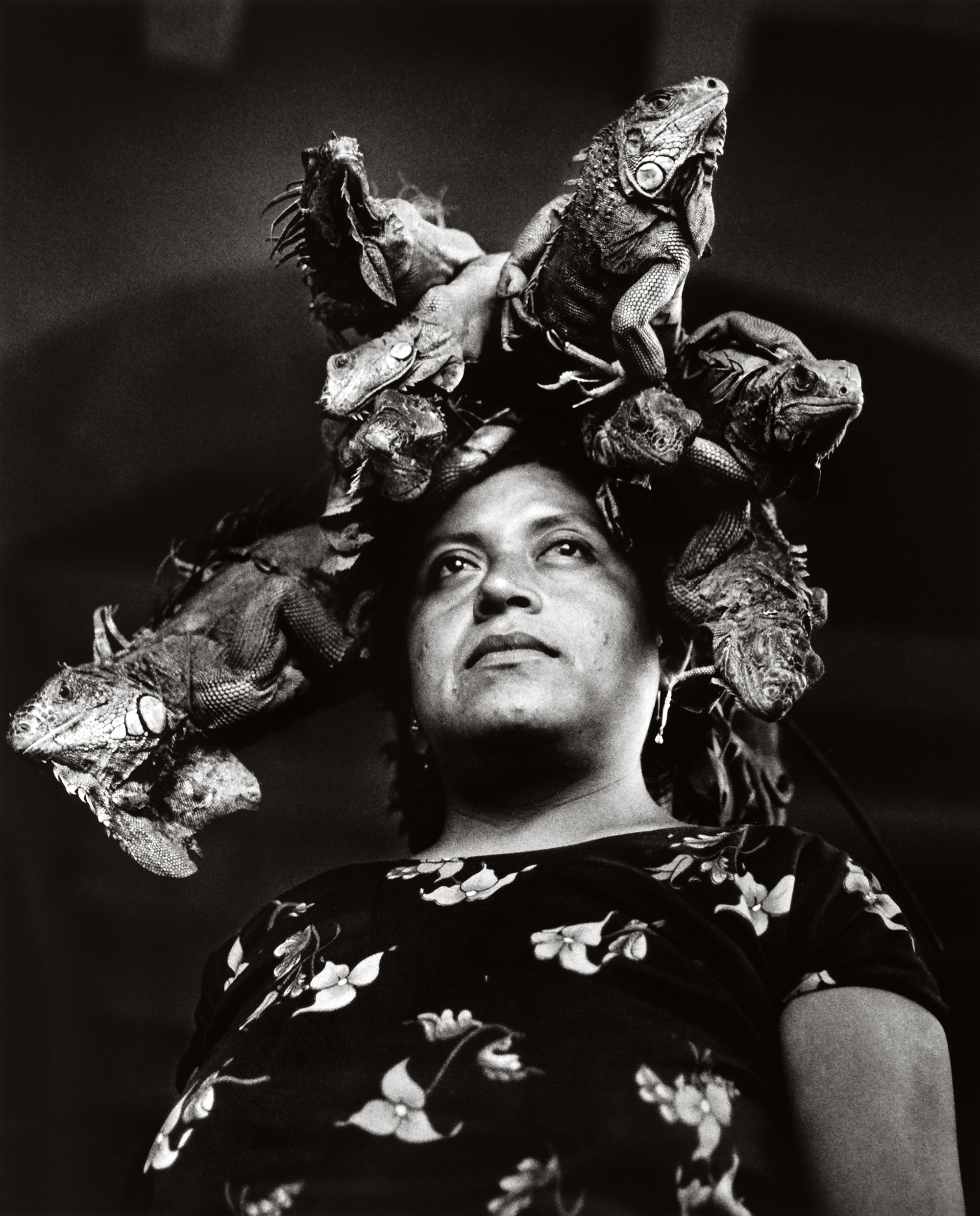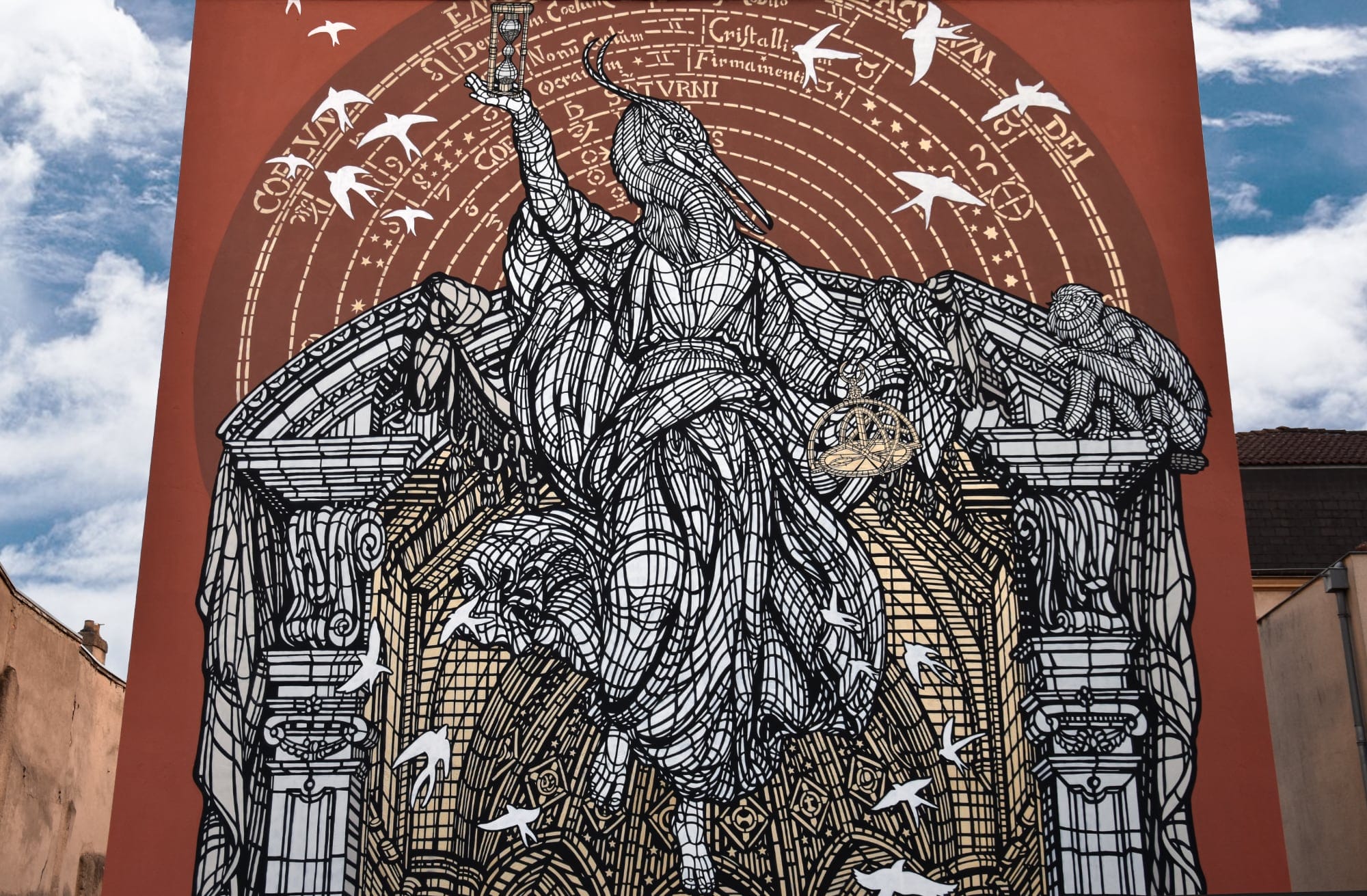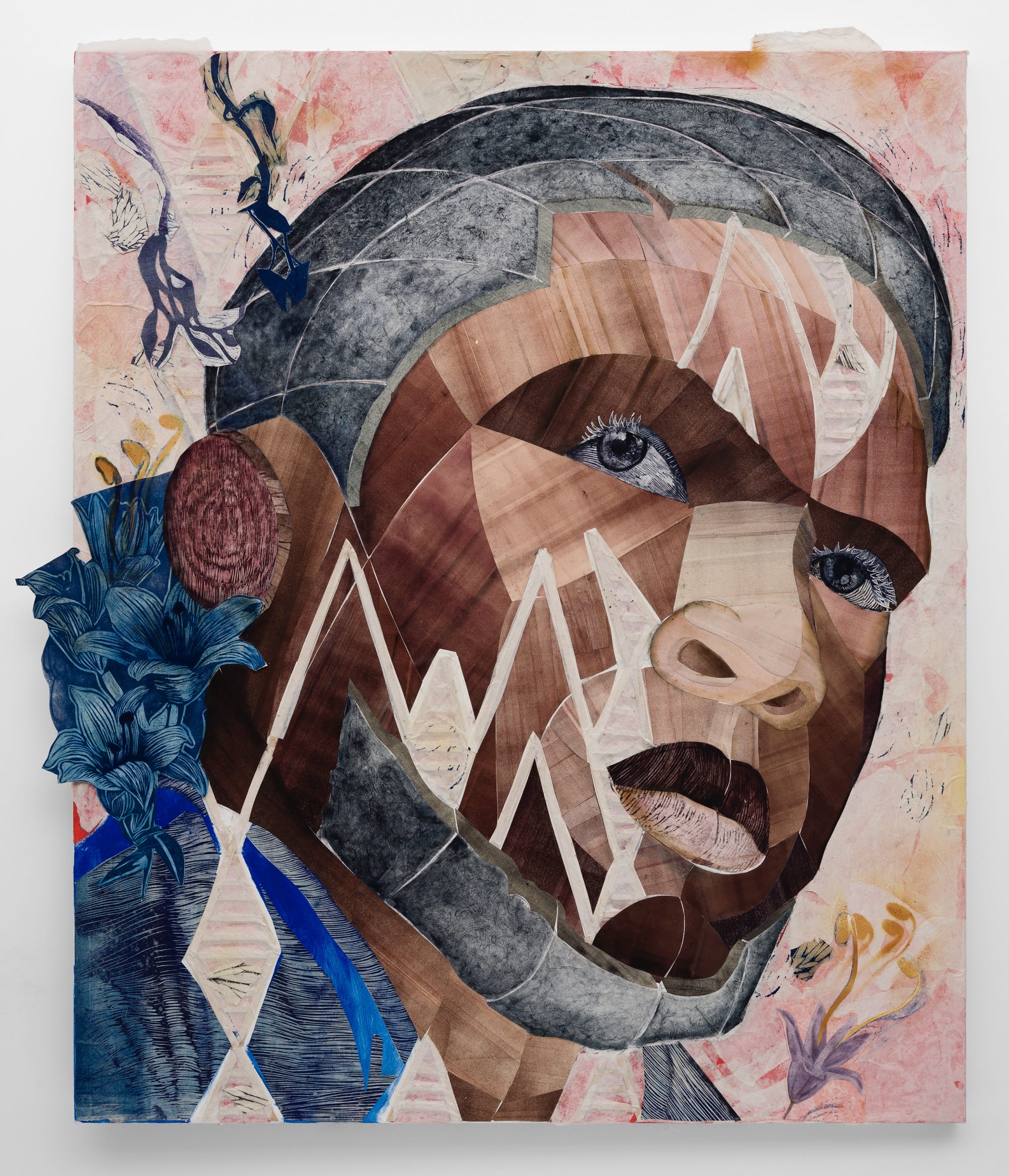
Encircled by light, water, or stone, the central subjects of Sholto Blissett’s oil paintings simultaneously highlight and defy our aesthetic understanding of “nature.” Drawing on the rich history of landscapes, from the Dutch Golden Age to 19th-century British paintings to the Hudson River School, the artist illuminates spiritual associations and the universality of the sun, moon, the elements, and the earth.
In his solo exhibition, Life in Deep Time, at Hannah Barry Gallery, Blissett’s large-scale works explore “the tenderness between natural architecture, ecological thought, human fantasy, and celestial forms of light and visibility,” says a statement.

Blissett often employs classical architecture or historical references that create a kind of gulf or divide between the scene and the viewer, separating us from the scene by time, geography, and a sense of the unknown.
In his most recent works, architectural facades like grand palazzos or towering obelisks have been subtly replaced by the more organic forms of trees, caves, or boulders. We’re ushered into subterranean realms flooded with moonlight, suggesting a continuum of prehistory through to the future.
Blissett is fascinated by the scale of human existence. Think of the way you might feel peering out the window of an airplane and comprehending the magnitude of the world beneath you—how small you feel, and yet, how connected. Compared to millions-year-old caves, tectonic shifts, or dried sea beds, the time span of human existence reads as merely a speck within that timespan.
Almost portrait-like, Blissett centers trees, monuments, and natural phenomena in each composition, silhouetted in the light and framed by rock walls or foliage as if the landscape has transformed into a boundless stage.

The light itself—what it reveals or conceals—is a character unto itself, reminding us of the limitations of sight, and that outside of the two-dimensional format of the painting, we are always enveloped by our surroundings. Blissett suggests that the darkness continues around and behind us, too, reiterating our focus toward the light, toward comfort and knowledge.
Often more than six feet wide or nearly as tall, Blissett’s expansive scenes approach immersion. He “calls attention to our manufactured and shifting relationship between social constructions of ‘nature’ and ‘culture’—their cosmically entwined, spectral, and thorny coexistence,” the gallery says.
Life in Deep Time continues through February 8 in London, and a book published by Foolscap Editions to accompany the exhibition will be launched on January 25 with a reception from 2 to 4 p.m. The artist’s work is also on view in The Silver Cord at Huxley Parlour, which continues through January 18. Find more on Blissett’s website and Instagram.







Do stories and artists like this matter to you? Become a Colossal Member today and support independent arts publishing for as little as $7 per month. The article Time and Geography Dissolve in Otherworldly Landscapes by Sholto Blissett appeared first on Colossal.



